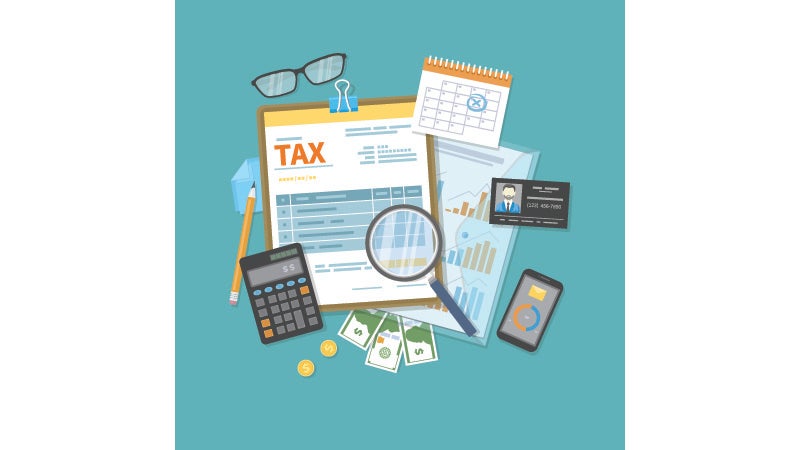Filers should know about changes to common credits and deductions
Published 12:02 pm Wednesday, March 15, 2023
|
Getting your Trinity Audio player ready...
|
Taxpayers who haven’t filed yet should make sure they’re familiar with the changes to credits and deductions for tax year 2022 to help them file an accurate return by the April 18, 2023, deadline.
Unlike 2020 and 2021, there were no new stimulus payments for 2022, so taxpayers should not expect to get an additional payment in their 2023 tax refund.
Changes to individual credits and deductions for tax year 2022
- Taxpayers may still qualify for temporarily expanded eligibility of the Premium Tax Credit, a refundable credit that helps eligible individuals and families cover the premiums for their health insurance purchased through the Health Insurance Marketplace. To get this credit, taxpayers must meet certain requirements and file a tax return with Form 8962, Premium Tax Credit.
- The Child Tax Credit, the Earned Income Tax Credit and the Child and Dependent Care Credit have reverted to pre-COVID levels. This means that taxpayers will likely receive a significantly smaller refund compared to last year.
- For 2022, the Child Tax Credit is worth $2,000 for each qualifying child. A child must be under age 17 at the end of 2022 to be a qualifying child.
- For the Earned Income Tax Credit, eligible taxpayers with no children may get $560 for the 2022 tax year.
- For the Child and Dependent Care Credit, taxpayers may receive up to 35% of their employment-related expenses for 2022.
- Taxpayers that don’t itemize and take the standard deduction cannot deduct their charitable contributions this year.
More information:
Credits & Deductions for Individuals






